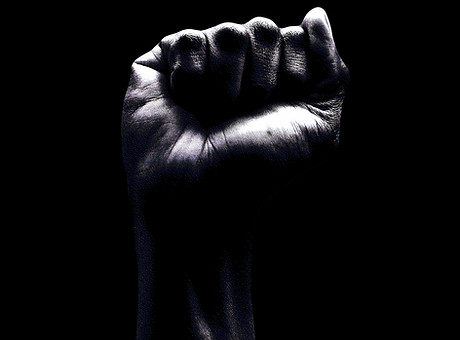12 Months of Kwanzaa

Umoja
(Unity)
To strive for and maintain unity in the family, community, nation, and race.

Ujima
(Collective Work and Responsibility)
To build and maintain our community together and make our brother's and sister's problems our problems and to solve them together.

Nia
(Purpose)
To make our collective vocation the building and developing of our community in order to restore our people to their traditional greatness.

Imani
(Faith)
To believe with all our heart in our people, our parents, our teachers, our leaders and the righteousness and victory of our struggle.

Ani
(Generosity)
Inherent in Ujamaa is the stress and obligation of generosity especially to the poor and vulnerable. In the Book of Ani, we are taught that generosity is its own reciprocal reward.

Ahenwa
(National Identity)
"To define ourselves, name ourselves, create for ourselves and speak for ourselves."

Kujichagulia
(Self-Determination)
To define ourselves, name ourselves, create for ourselves and speak for ourselves.

Ujamaa
(Cooperative Economics)
To build and maintain our own stores, shops and other businesses and to profit from them together.

Kuumba
(Creativity)
To do always as much as we can, in the way we can, in order to leave our community more beautiful and beneficial than we inherited it.

Serudja Ta
(Repair)
Nowhere is this principle more clearly expressed than in the literature and culture of ancient Egypt. Creativity here is both an original act or imitation of the Creator and a restorative act.

Nefer
(Generational Responsibility)
Nia suggests that personal and social purpose are not only non-antagonistic but complementary in the true communitarian sense of the word. In fact, it suggests that the highest form of personal purpose is social purpose.

Akoma ntoaso
(Shared Effort and Obligation)
African freedom is indivisible. [As] long as any African anywhere is oppressed, exploited, enslaved or wounded in any way in her or his humanity, all African people are also.

Power through Principles
Kwanzaa (/ˈkwɑːn.zə/) is an annual celebration of African-American culture from December 26 to January 1, culminating in a communal feast called Karamu, usually on the sixth day. It was created by activist Maulana Karenga, based on African harvest festival traditions from various parts of Africa, including West and Southeast Africa. Kwanzaa was first celebrated in 1966.
DIET
